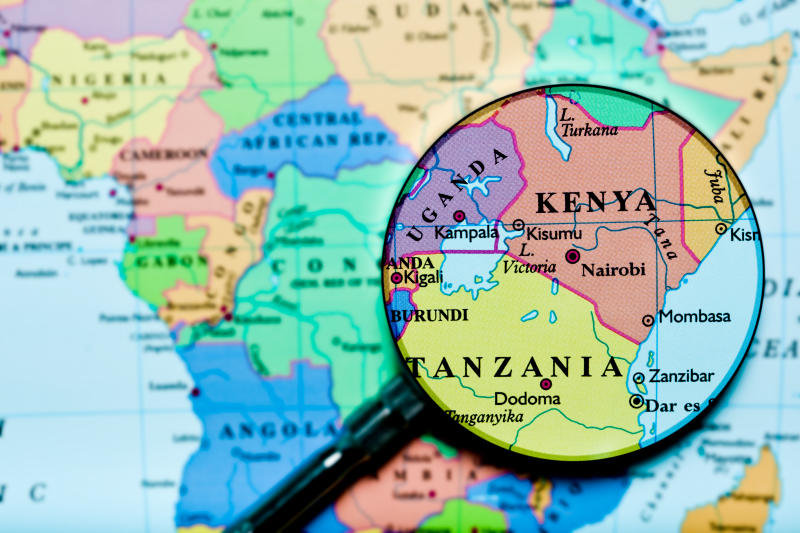×
The Standard e-Paper
Fearless, Trusted News

Kenya, Uganda and Tanzania maps [Courtesy]
Almost every country in Africa has been a victim of the colonial enterprise where the right to self-determination was withheld by imperialists.